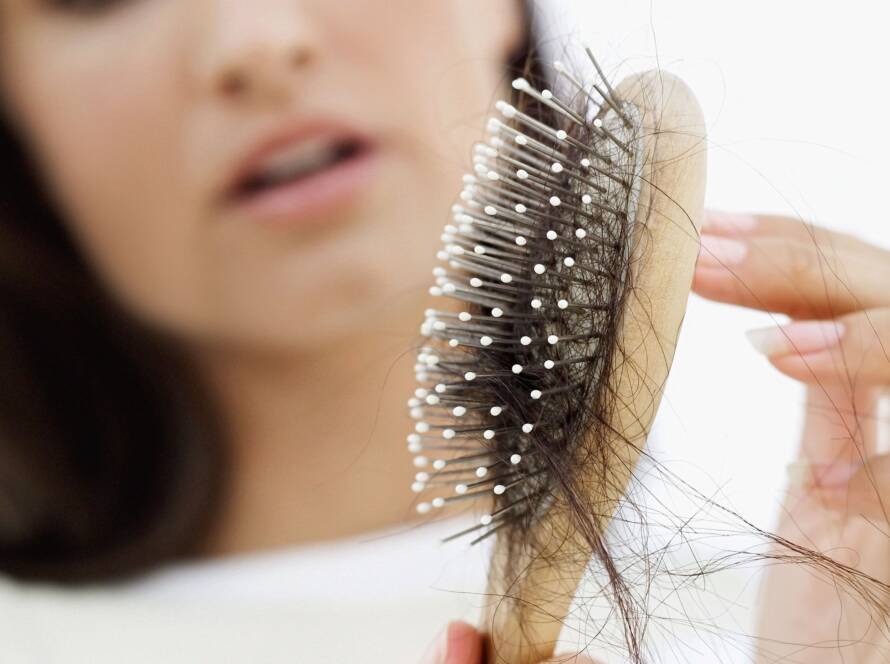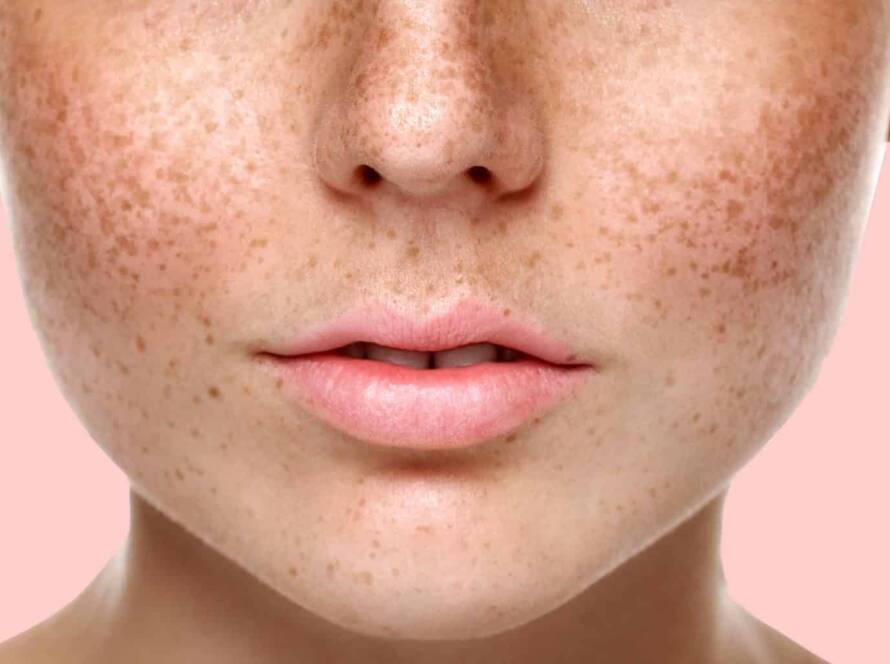Healthy hair speaks about our personality, affects how people perceive us and is also a sign of excellent general health. Hair can be straight, wavy or curly, blonde, black, brown, grey or white, and its natural variations are an important component of our body image. It is one of the few physical characteristics we can change and manipulate as per our wish and fashion. Shiny hair with a smooth texture that detangles easily, resists breakage and has clean-cut ends is perceived to be healthy.
Factors that affect hair health:
- Poor nutrition
- Excessive or repeated chemical treatment
- Poor grooming habits
- Environmental exposure to heat, pollution, UV rays
- Hormonal problems
All the above can prevent our hair from staying healthy and looking lovely. They produce changes in hair texture which makes them brittle, more prone to tangling, rougher in appearance and unmanageable. Loss of luster, frizz, split ends, and other hair problems are also prevalent among people who repeatedly alter the natural style of their hair.

Common Hair Problems:
Commonly experienced hair problems include:
- Slow growing hair
- Dry, brittle, or otherwise poor-quality hair
- Hair loss
- Premature greying of hair
The speed of hair growth is based upon genetics, gender, age and hormones. It may be reduced due to hormonal fluctuations that occur in menopause, polycystic ovaries, thyroid disease etc. Metabolic requirements of follicle cells must be met through required vitamins and minerals for optimal hair growth.
We constantly lose hair. A healthy adult may lose about 70 to 100 hair on his head per day. But because new hair is always growing and replacing them, this natural hair loss isn’t noticeable. The rate of hair loss may increase noticeably if the hair roots are damaged. If no new hair grows and replaces the hair, that part of the skin becomes bald.
Although the use of external products are common approaches to these problems, the internal use of certain nutrients and other natural substances may do much to support the appearance of healthy and beautiful hair.
Nutrition and Hair Health
Diet plays an important role in hair health. The type of foods we eat has an impact on the growth, strength, and volume of our hair. Hair is the fastest growing tissue in the human body with an average rate of growth of about half inch every month. Hair grows from the roots, so the key to healthy hair growth lies in improving the health of the scalp and hair follicles. Certain proteins, fats, vitamins and minerals are especially important for strong, healthy hair. Correct nutrition is instrumental in healthy hair growth, and conversely many deficiencies correlate with hair loss.
People with certain nutritional deficiencies like protein, iron, zinc, essential fatty acids tend to have dry, stringy and dull hair, and experience hair loss. Crash diets may also cause temporary hair loss. Hair loss is now being seen in younger age groups too, which is due to rising competitive life, stress, lack of sleep, exposure to pollution, wrong food choice and erratic lifestyle. Hair greying /whitening during childhood or early adulthood may occur due to deficiency of iron, vitamin D, folic acid, vitamin B12, and selenium.
Most nutrient-related causes of hair loss can be prevented with a balanced eating pattern by making the internal environment favorable to achieve hair growth. Any hair growth supplement, if required should be taken under supervision as excess intake of certain supplements can, in some cases, exacerbate hair loss. The right technique, frequency and use of appropriate products, for even general hair care routine, can go a long way towards maintaining smooth shiny hair. Topical application of hair care products also needs be done with care, as many of them are loaded with toxic chemicals that can turn out to be harmful in the long run.




